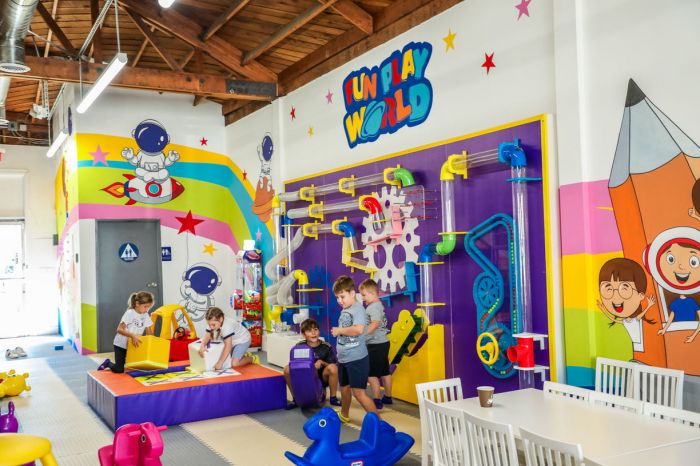
Physical Health
One of the most obvious benefits of outdoor play is its positive impact on children's physical health. Outdoor play allows children to engage in physical activities such as running, jumping, climbing, and biking, which promote the development of gross motor skills, strength, and coordination. Regular outdoor play also helps reduce the risk of obesity and other health issues associated with a sedentary lifestyle.
Mental Health
In addition to promoting physical health, outdoor play has significant benefits for children's mental health and well-being. Spending time outdoors in natural environments has been linked to reduced stress, anxiety, and depression in children. The sights, sounds, and smells of nature provide a calming effect and help children develop resilience and coping skills to deal with life's challenges.
Cognitive Development
Outdoor play stimulates children's cognitive development in ways that indoor activities cannot. Natural environments provide endless opportunities for exploration, discovery, and problem-solving. Whether they're building a fort out of sticks, investigating bugs and plants, or navigating a new outdoor space, children are constantly learning and developing their cognitive skills through outdoor play.
Creativity and Imagination
Outdoor play fosters creativity and imagination in children by providing them with open-ended play opportunities and inspiring surroundings. Nature's ever-changing landscapes serve as the perfect backdrop for imaginative play scenarios, whether children are pretending to be pirates on a beach, explorers in a jungle, or scientists in a forest. Outdoor play encourages children to think creatively, use their imaginations, and develop storytelling skills.

Social Skills
Outdoor play offers valuable opportunities for children to develop social skills and learn how to interact with others. Whether they're playing on a playground with friends, collaborating on building projects, or negotiating rules for a game, children engage in cooperative play that helps them develop important social competencies such as communication, cooperation, empathy, and conflict resolution.
Connection to Nature
Finally, outdoor play helps foster a connection to nature in children, which is essential for their long-term health and well-being. Spending time outdoors allows children to develop an appreciation for the natural world, instills a sense of stewardship for the environment, and encourages sustainable behaviors. Children who have regular exposure to nature are more likely to become environmentally conscious adults who care about preserving the planet for future generations.
Conclusion
In conclusion, outdoor play plays a crucial role in the holistic development of children, benefiting their physical health, mental well-being, cognitive development, creativity, social skills, and connection to nature. As parents, educators, and caregivers, it is essential to prioritize outdoor play and provide children with ample opportunities to explore, discover, and play in the great outdoors. By doing so, we can help children thrive and develop into happy, healthy, and well-rounded individuals.











